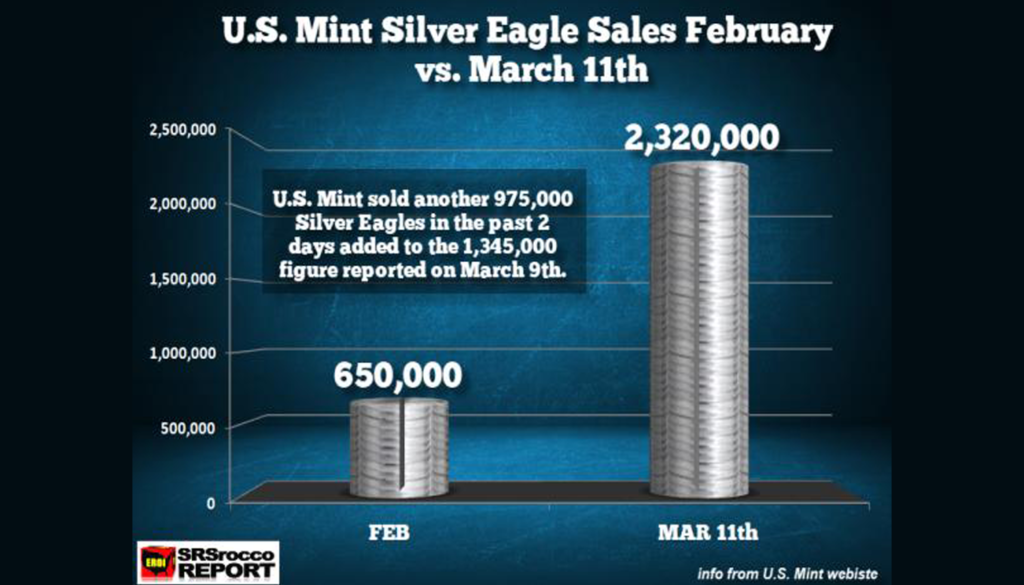President Barack Obama warned that the nation’s burgeoning deficit threatens to do “serious” damage to the economy and pressured Congress to reach a compromise on a deal to raise the debt ceiling and address future shortfalls. With a week left before the Treasury Department says the U.S. won’t be able to pay all its obligations unless the $14.3 trillion debt limit is increased, Obama urged lawmakers to put aside politics and implored Americans “to make your voice heard.”
‘It’s a dangerous game we’ve never played before, and we can’t afford to play it now,” Obama said in a prime-time address from the White House. “We can’t allow the American people to become collateral damage to Washington’s political warfare.”
House Speaker John Boehner said Republicans have no intention of handing Obama a “blank check.”
“The president has often said we need a ‘balanced’ approach — which in Washington means: We spend more, and you pay more,” Boehner said in his televised response. “The sad truth is that the president wanted a blank check six months ago, and he wants a blank check today. This is just not going to happen.”
As the stalemate in Washington continued, U.S. stocks and Treasuries declined. The Standard & Poor’s 500 Index slipped 0.6 percent to 1,337.43 in New York after losing as much as 1 percent. The 30-year Treasury yield rose six basis points to 4.32 percent. In Tokyo, S&P futures lost 0.3 percent. The cost of insuring U.S. debt rose, sending credit-default swaps on Treasuries up three basis points to 56.15, approaching the highest in 17 months, according to CMA Analytics.
Competing Proposals
Boehner and Senate Majority Leader Harry Reid unveiled their own proposals earlier today.
The short-term extension of the debt limit proposed by Boehner might not be enough to avoid a downgrade of U.S. credit, Obama said. That likely would trigger a jump in interest rates on credit cards, mortgages and consumer loans, “which amount to a huge tax hike on the American people,” he said.
“We would risk sparking a deep economic crisis – one caused almost entirely by Washington,” Obama said. Tied to the debt ceiling increase is a plan to shrink the nation’s long-term deficit.
“Democrats and Republicans agree on the amount of deficit reduction we need,” Obama said. “The debate is about how it should be done.”
Two-Step Plan
Boehner’s two-step plan would raise the U.S. borrowing limit by up to $1 trillion and later by $1.6 trillion while requiring $1.2 trillion in spending cuts in the first phase and up to $1.8 trillion in the second step. The measure would tie the second installment of borrowing authority to enactment of a deficit-cutting package that slashed up to $1.8 trillion from the debt. Obama and Senate Democrats say they will oppose a short- term increase in the limit because it would force another debt standoff next year.
By contrast, Reid’s proposal would cut $2.7 trillion in spending and give Obama the full $2.4 trillion in additional borrowing authority he seeks, enough to get through the 2012 elections. Reid’s 10-year plan, which Boehner called “full of gimmicks,” includes $1.2 trillion in cuts to defense and non- defense discretionary spending — programs whose budgets are set in Congress’s appropriations process.
War Savings
The plan would include $1 trillion in savings from winding down the wars in Iraq and Afghanistan. It would include $100 billion in mandatory program savings, including $30 billion in Fannie Mae and Freddie Mac changes, $40 billion in savings from eliminating waste and fraud, $15 billion from spectrum auction sales and telephone universal service changes and $10 billion to $15 billion in cuts in agriculture subsidies.
Neither plan would raise taxes
Obama endorsed Reid’s plan and said tonight that Boehner’s measure is simply “kicking the can further down the road.” Obama invoked Republican President Ronald Reagan, quoting him as saying in an earlier budget fight: “Would you rather reduce deficits and interest rates by raising revenue from those who are not now paying their fair share, or would you rather accept larger budget deficits, higher interest rates and higher unemployment?”
House Roadblocks Obama blamed a group of House Republicans for forcing the standoff by insisting on trimming the deficit through spending cuts alone. Obama said he wanted a “balanced” approach that would “ask the wealthiest Americans and biggest corporations to give up some of their tax breaks and special deductions.”
While criticizing the Boehner plan, he didn’t threaten to veto it. Boehner said he made a “sincere effort” to work with Obama on a plan to raise the debt limit, and he said the president created the “crisis atmosphere” surrounding the issue.
“There is no stalemate in Congress,” Boehner said. “The House has passed a bill to raise the debt limit with bipartisan support. And this week, while the Senate is struggling to pass a bill filled with phony accounting and Washington gimmicks, we will pass another bill – one that was developed with the support of the bipartisan leadership of the U.S. Senate.”
By Margaret Talev and Julianna Goldman – Jul 25, 2011 Bloomberg






